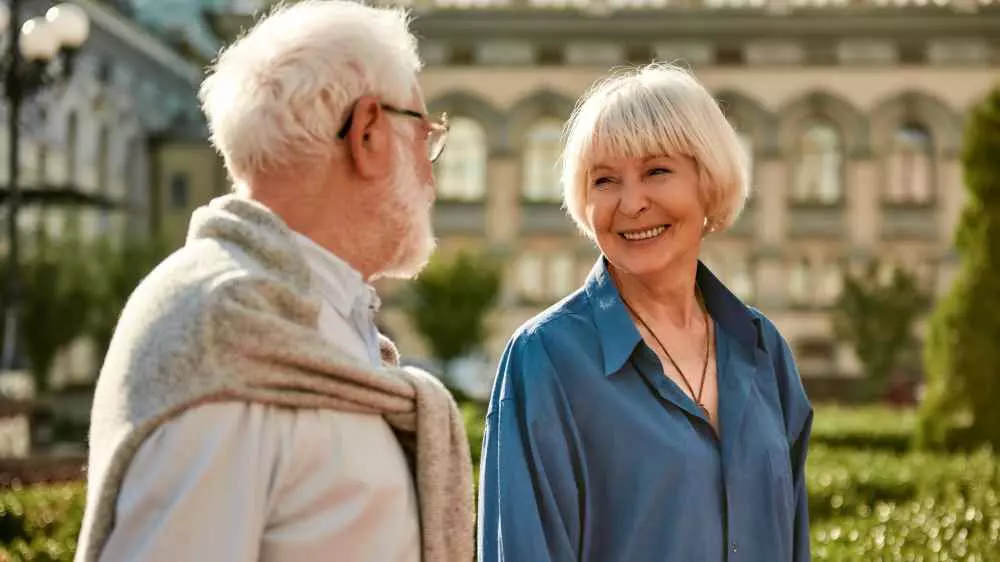Psychological aspects of aging and elderly care
Aging is one of the most important challenges of the modern world. As the years go by, many people face various diseases and difficulties that affect their mental health. Therefore, it is necessary to understand the psychological aspects of aging and provide appropriate care for the elderly. In this article, we will discuss the most important issues related to this topic.
Psychological changes in aging 
The aging process involves many psychological changes that affect the daily functioning and well-being of the elderly. One of the most common changes is a decline in memory and difficulty concentrating. Older people may also have difficulty absorbing new information. Some may experience depressive moods, anxiety or social isolation. It is important to care for the mental health of the elderly and provide them with support when these problems occur.
Importance of physical activity
Physical activity plays a key role in maintaining a healthy mind and body. Older people should maintain a regular level of physical activity that is appropriate to their abilities. Exercise, such as walking, yoga or swimming, can help maintain muscle flexibility and improve mood and well-being. Support for this can be provided by a life partner, a fitness star, or a professional caregiver.
It is also important to remember to eat a daily diet rich in nutrients. A diet full of vegetables, fruits, whole-grain cereals and healthy fats can benefit the mental health of the elderly. Preparing meals can be a challenge for some seniors, so consider hiring a professional chef or become interested in home delivery of healthy food.
Emotional support for the elderly
Aging can be a difficult and frustrating time for some people. Emotional support from loved ones, family or a therapist can be invaluable. Regular conversations, spending time together and showing interest in the lives and needs of the elderly are of great importance to their mental health. It's also a good idea to give them access to support groups or clubs for seniors, where they can meet people with similar experiences and exchange help.
It is also important to continually encourage seniors to take on new challenges and stay socially active. This can include participating in local events, courses or interest clubs. The more engaged an elderly person is, the more likely it is that their mental state will remain good and they will feel satisfaction with their lives.
The role of the caregiver
Many elderly people require daily care and support. Caregivers play a key role in providing comfort and care for the elderly. It is important that caregivers are properly qualified and knowledgeable about the specifics of elderly care. They must be patient, empathetic and ready to take on difficult situations.
In addition to providing physical care, caregivers should also take care of the elderly's mental health. Listening, showing understanding and patience can make a huge difference in a person's well-being and sense of security. If symptoms such as depression, anxiety or isolation occur, the caregiver should take appropriate steps, such as consulting a doctor or therapist.
Summary
Aging and elder care are topics of great importance to our society. Understanding the psychological aspects of aging and providing appropriate care and support are crucial to the mental health of the elderly. Physical activity, proper diet and emotional support play an important role in maintaining the mental health of the elderly. Caregivers should be skilled and ready to provide both physical care and emotional support to the elderly. Caring for the mental health of the elderly is one of the most important challenges of our time.
Add comment